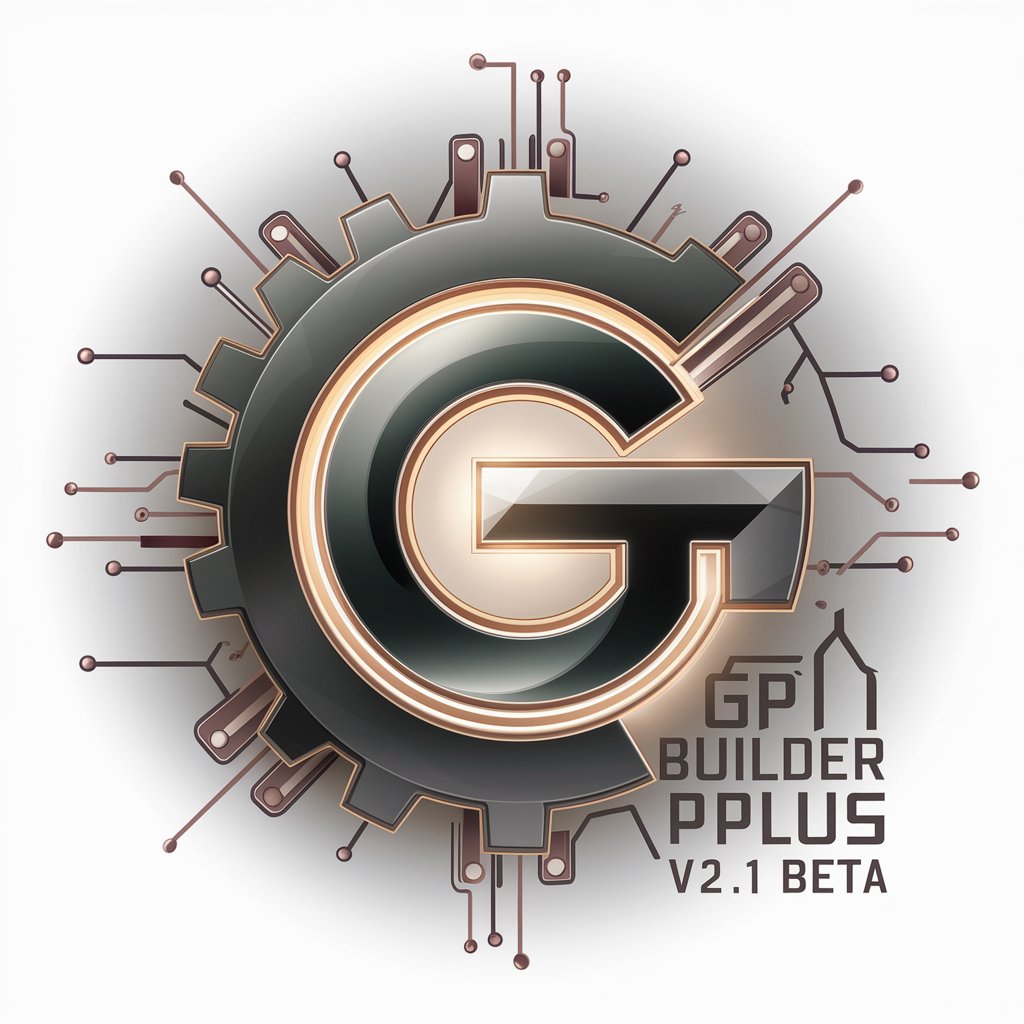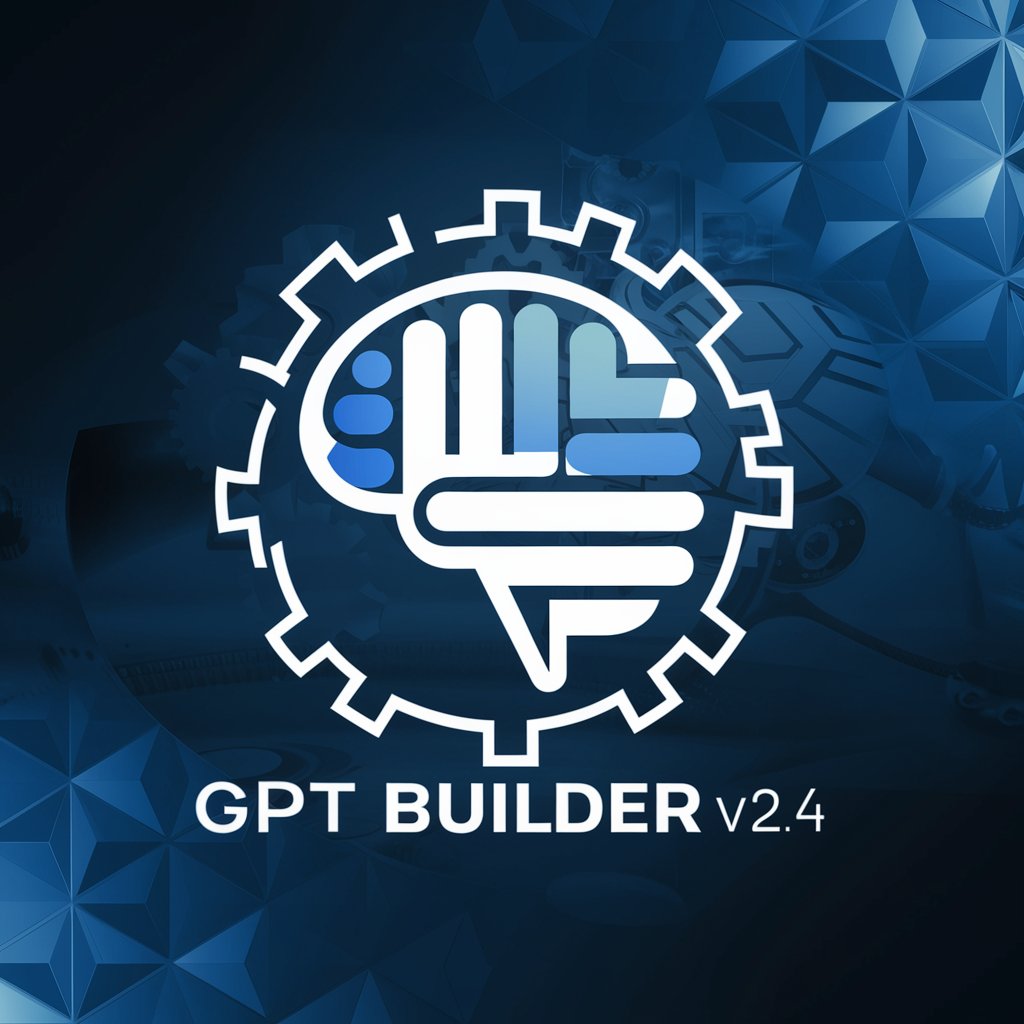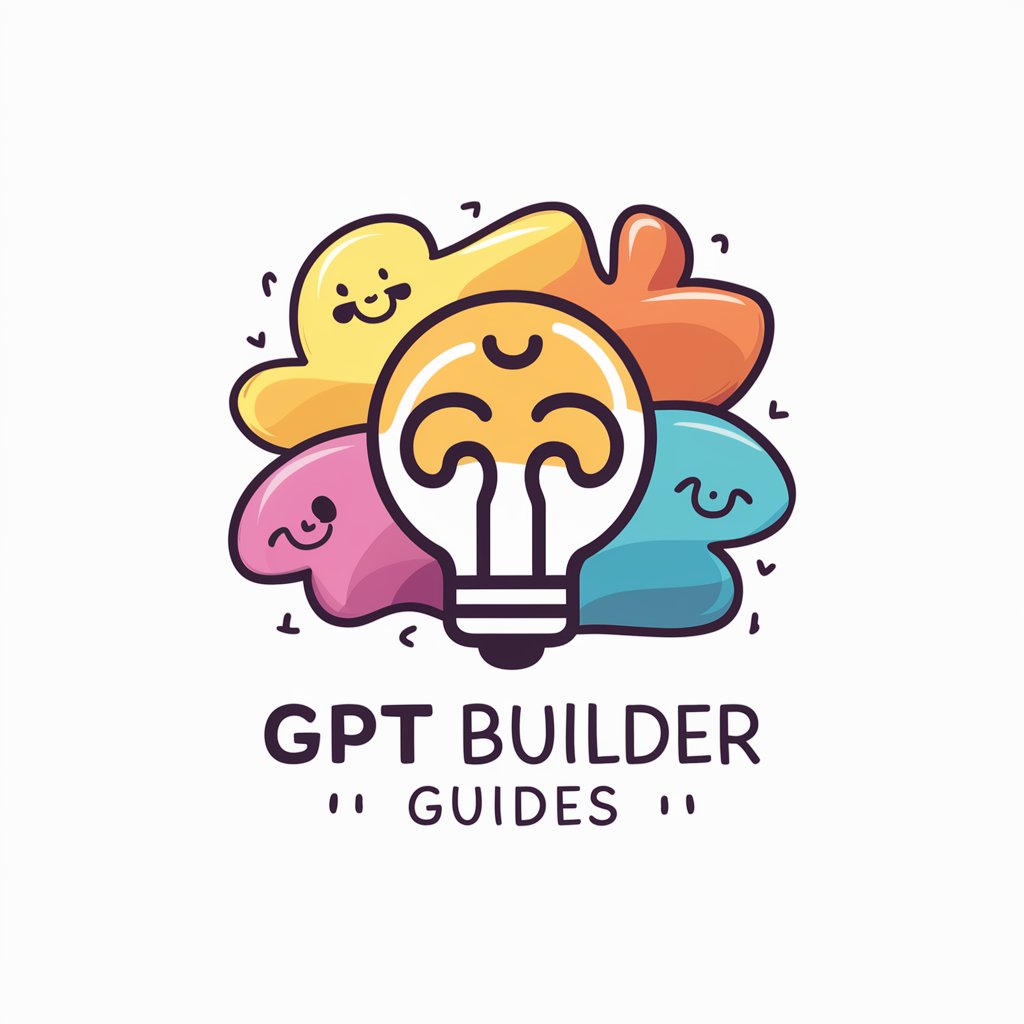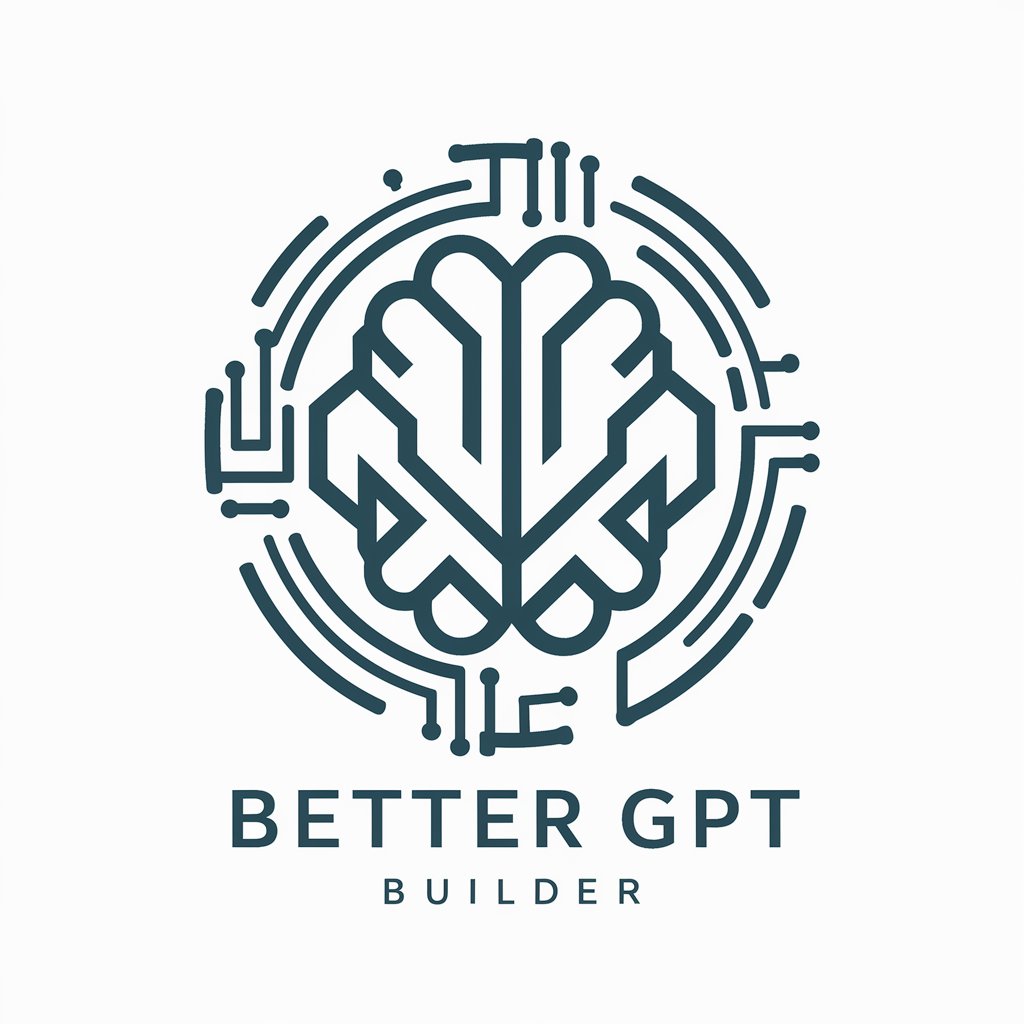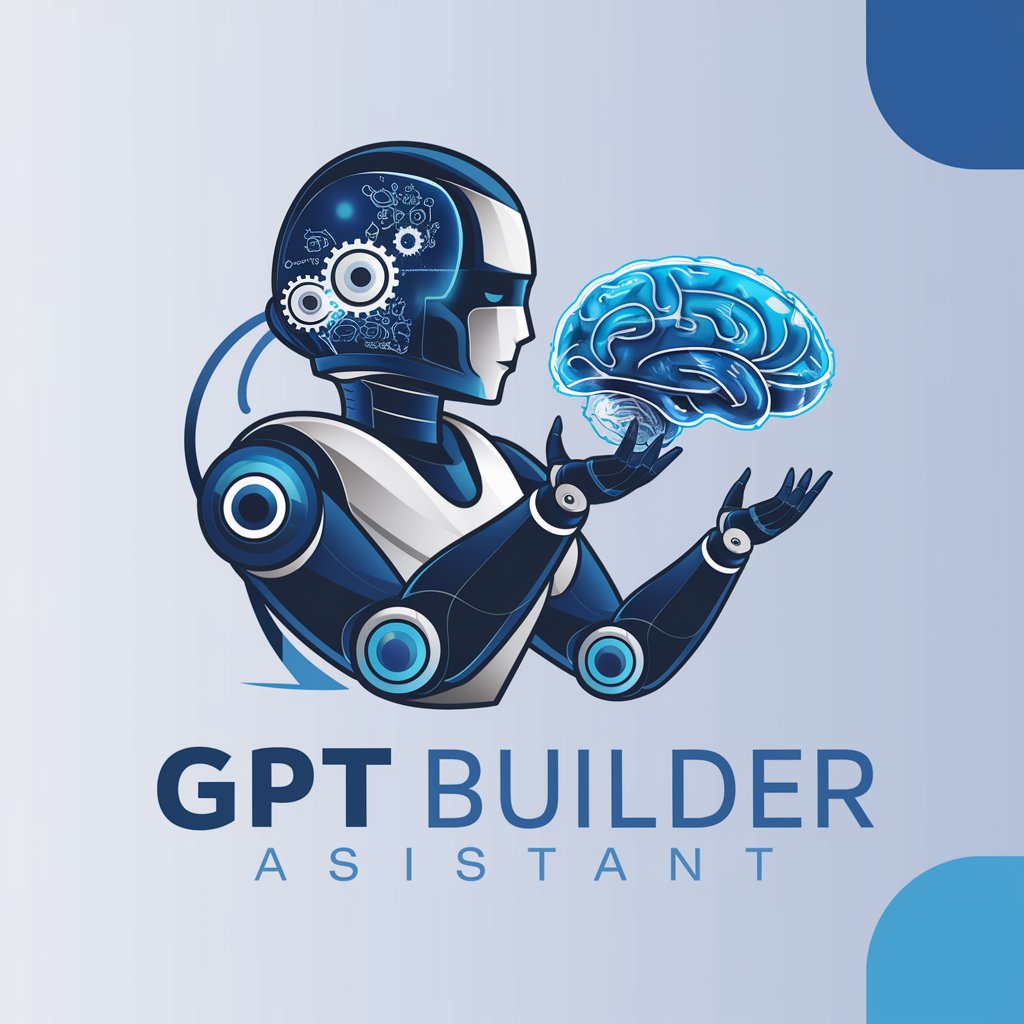
🔐 GPT Builder 2.0 🔐 - AI-powered custom assistant builder

I will help you create your GPT. Please select a conversation starter below to begin. Please do not share, sell or giveaway this GPT. You can offer access to your finished GPT or build a service around this GPT to create them for other people.
AI-powered tool for building custom assistants
I know what type of GPT I want to create.
Help me figure out what type of GPT to create.
Get Embed Code
Detailed Introduction to 🔐 GPT Builder 2.0 🔐
🔐 GPT Builder 2.0 🔐 is designed to assist users in creating customized AI chatbots tailored to their specific needs. The platform enables users to build specialized GPTs by offering a structured process for defining, naming, and providing instructions for AI-based interactions. It operates as a guided builder, helping users articulate the functions, target audience, and behavior of their personalized GPTs. This allows businesses, educators, creators, or developers to create highly specialized bots for various use cases. For example, a business could use 🔐 GPT Builder 2.0 🔐 to create a customer service bot that answers frequently asked questions about products, or a creative professional could build a bot that helps generate ideas or gives artistic advice based on predefined styles. Powered by ChatGPT-4o。

Key Functions of 🔐 GPT Builder 2.0 🔐
Custom Bot Creation
Example
Allows users to define specific functionalities for a GPT, such as answering queries about niche topics.
Scenario
A small business owner can use this feature to create a bot that answers customer questions about their specific services or products, such as explaining how their product compares with competitors or guiding users through purchasing decisions.
Predefined Conversation Starters
Example
Offers users pre-constructed prompts and conversation templates to initiate discussions with their custom bot.
Scenario
An educator could create a bot that starts lessons by prompting students with specific questions on a subject. For example, a biology teacher could have a bot that begins conversations with, 'What are the key differences between plant and animal cells?'
Step-by-Step Bot Development
Example
Guides users through a step-by-step process to define the name, purpose, and system instructions for their bot.
Scenario
A startup might want a bot that serves as a brand assistant. Using the step-by-step process, they could easily define the bot’s behavior to provide quick information about the brand, respond to inquiries, and assist with sales.
User Guide Integration
Example
Allows integration of user guides or other resources to help end-users understand how to interact with their custom GPT.
Scenario
A SaaS company could embed a guide within their GPT that helps customers troubleshoot common technical issues, ensuring seamless support for their users without the need for human intervention.
Ideal User Groups for 🔐 GPT Builder 2.0 🔐
Small Business Owners
Entrepreneurs or small businesses looking to automate customer service, marketing, or sales inquiries would benefit from 🔐 GPT Builder 2.0 🔐. By creating bots tailored to their specific business needs, these users can save time and money while improving customer satisfaction through automated, accurate responses.
Educators
Teachers, instructors, and educational content creators can use this tool to build interactive learning assistants for their students. By customizing a GPT, educators can provide supplementary instruction, review exercises, or answer common student questions, thereby enhancing the learning experience.
Creative Professionals
Artists, writers, and other creatives can use GPT Builder 2.0 to build assistants that offer creative advice, generate ideas, or simulate brainstorming sessions. This enables them to streamline their workflow, explore new creative avenues, and receive inspiration on demand.
Developers
Tech-savvy users like developers can leverage the system to prototype and deploy bots for specific applications, such as product support or in-app assistance. Developers can easily integrate bots into existing platforms to enhance user experience and streamline operations.

How to Use 🔐 GPT Builder 2.0 🔐
1
Visit yeschat.ai for a free trial without login; no need for ChatGPT Plus.
2
Identify the type of GPT you want to create—such as an assistant for business, education, or creative tasks.
3
Use the provided prompts to guide the building process. You will be asked to specify your GPT's name, tasks, and user instructions.
4
Customize system instructions and conversation starters, including any branding or links you'd like to integrate.
5
Save and deploy the GPT. You can refine or create companion GPTs later based on evolving needs.
Try other advanced and practical GPTs
Gon's Random Mixed Keywords+
AI-powered randomness for creative inspiration

HooksGPT
AI-powered hooks to boost video engagement
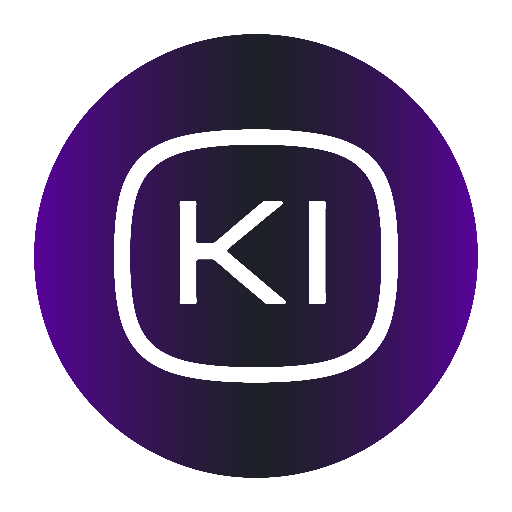
ブログ執事くん
AI-powered blog assistant for smarter writing

Sales Insight Pro
AI-Powered Insights for Business-Critical IT Decisions

オリジナルLINEスタンプ作成ツール
AI-powered custom LINE sticker generator

Carrossel Automático @advlider
AI-powered tool for dynamic legal posts

Lead Gen Guru
AI-powered lead generation & outreach.

Gerador de Personas
AI-powered customer persona generator

TAYA Content Reviewer
AI-powered insights for better content

MJ Prompt Writer
Enhance Your MidJourney Prompts with AI Precision

Kerwin Rae's Ebook Lead Magnet Generator
Create high-converting lead magnets effortlessly

English / Spanish Translator
AI-driven translator for English and Spanish

Common Questions About 🔐 GPT Builder 2.0 🔐
What can I build with 🔐 GPT Builder 2.0 🔐?
You can create custom GPT-powered assistants for various use cases like customer support, content creation, or personal tutoring. The tool allows full customization of conversation prompts and task automation.
Do I need programming knowledge to use 🔐 GPT Builder 2.0 🔐?
No, you do not need any coding skills. The interface is user-friendly and guides you step by step through the process of creating a GPT tailored to your needs.
What are the customization options available?
You can customize your GPT’s name, functions, conversation starters, system instructions, and even include branded links. It allows you to craft bots for specific purposes like customer service, research assistance, or productivity.
Can I create multiple GPTs for different tasks?
Yes, you can create multiple GPTs for various tasks. Each GPT can be tailored to perform distinct functions, and you can refine or update them as needed.
What are the typical use cases for 🔐 GPT Builder 2.0 🔐?
Typical use cases include creating customer support bots, personal productivity assistants, academic research helpers, or marketing content generators.
